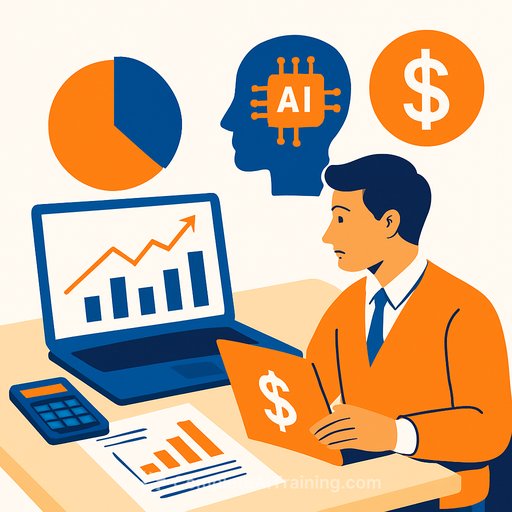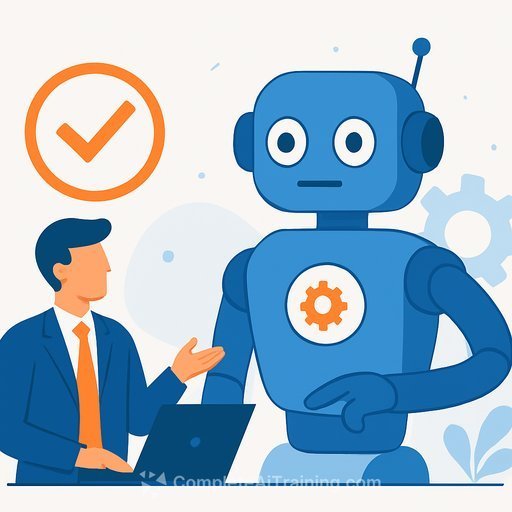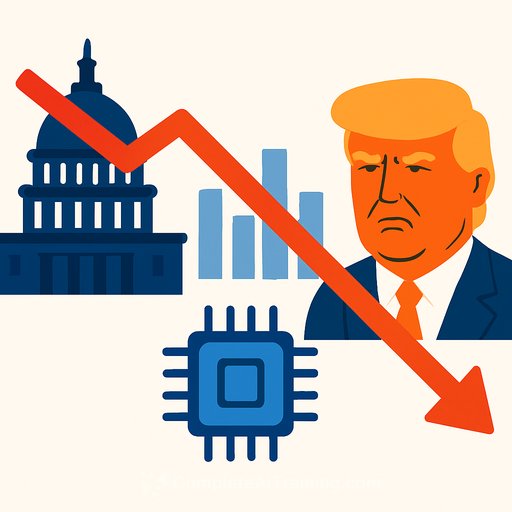A Silent Shift in Financial Services
India’s services sector, especially financial services, is quietly changing. Technologies like artificial intelligence (AI), automation, and data-driven decision-making are becoming standard. While this shift can feel unsettling, it presents an opportunity for entry-level workers to reconsider their roles in an industry evolving through technology.
The Future of Jobs
The World Economic Forum’s Future of Jobs Report 2025 offers insight into what lies ahead. By 2030, over half of financial services tasks will be handled by machines or smart systems, up from just over a third today. This doesn’t mean job losses on a large scale; instead, the workforce will transform. Those who combine digital skills with human expertise will have an edge.
In the past, precision in administrative tasks and knowledge of finance basics earned you a spot in banking or insurance. Now, professionals must understand cybersecurity principles, design user-friendly experiences, and contribute to innovation-driven growth. Traditional roles like data entry and teller positions are shrinking, while careers in AI modeling, fraud analytics, and client relationship engineering are expanding.
This change doesn’t have to be intimidating. It can be liberating if workers adapt quickly and intentionally. Learning new skills and upgrading existing ones is no longer optional. The WEF estimates that by 2030, about 59% of workers worldwide will need some form of retraining—financial services will likely exceed this figure due to AI’s impact.
Reskilling as a Necessity
Entry-level workers should build a solid technical foundation first. Beyond understanding financial ratios or credit criteria, learning tools like SQL, Python, Excel for modeling, and AI-powered reporting systems is crucial. Numerous modular, industry-recognized courses on platforms such as Complete AI Training, Coursera, and LinkedIn Learning make this achievable with just a few hours weekly.
Equally important are people skills. Employers value analytical reasoning, adaptability, emotional intelligence, and creativity—areas where computers still fall short. Engaging in real-world projects, joining cross-functional teams, contributing to digital transformation initiatives, or leading presentations can strengthen these abilities. Understanding AI outputs, questioning assumptions, and applying human judgment are becoming essential in finance roles.
Specialization and Personal Branding
Within two to three years, professionals aiming to stay competitive should seek specialization. Fields like sustainable finance, behavioral analytics, anti-fraud intelligence, and financial product design are growing fast. A junior analyst focusing on ESG reporting or mastering AI-assisted credit rating today could lead innovation tomorrow. Networking, mentorship, and attending fintech and AI conferences speed up this progress.
Building a personal brand is equally vital. Sharing your learning journey, publishing relevant projects, or speaking at industry events on platforms such as LinkedIn or professional blogs signals leadership and initiative. This not only boosts credibility but also creates a clear learning identity.
Organizations must support this shift as well. While 85% of firms plan to increase learning and development spending, only half feel confident in effectively reskilling their workforce. Closing this gap requires deliberate investment in training, stronger collaboration between business and academia, and career paths rewarding continuous learning. Cultivating a culture where acquiring new skills is as important as tenure will be key.
A practical path for newcomers could be: strengthen technical and cognitive skills in the first year, specialize and collaborate with AI in the second, and contribute to leadership or personal branding in the third. With intention, this approach turns challenges into strengths and habits into assets.
Similar Trends in Other Industries
Other sectors are experiencing comparable shifts. In technology, focus is moving beyond basic coding to developing, deploying, and refining AI-driven systems. Entry-level engineers must understand machine learning, cloud platforms, and responsible AI use. Problem solvers with business insight will advance faster.
Industry 4.0 is reshaping manufacturing through smart sensors, robotics, and AI-based process optimization. New technicians and supervisors who can manage autonomous systems, digital twins, predictive maintenance, and IoT integration will be more resilient than those relying solely on manual skills.
The media and communications fields are also evolving. AI-generated content, automated editing, and audience analytics change the roles of content creators and marketers. Yet, creativity, cultural sensitivity, and storytelling remain human strengths. Future media professionals will combine narrative skills with data literacy and use AI to enhance—not replace—their creativity.
A Time to Evolve
Across industries, one fact stands out: AI isn’t replacing human potential but shifting the value of certain skills. The best employees will see AI as a partner and continuously update their skill sets. The rise of AI doesn’t spell the end of entry-level jobs; it signals their transformation.
The financial services sector—and the broader professional landscape—can thrive by linking human development with technological progress. Embracing this change with focus and adaptability will open new doors rather than close existing ones.
Your membership also unlocks:





